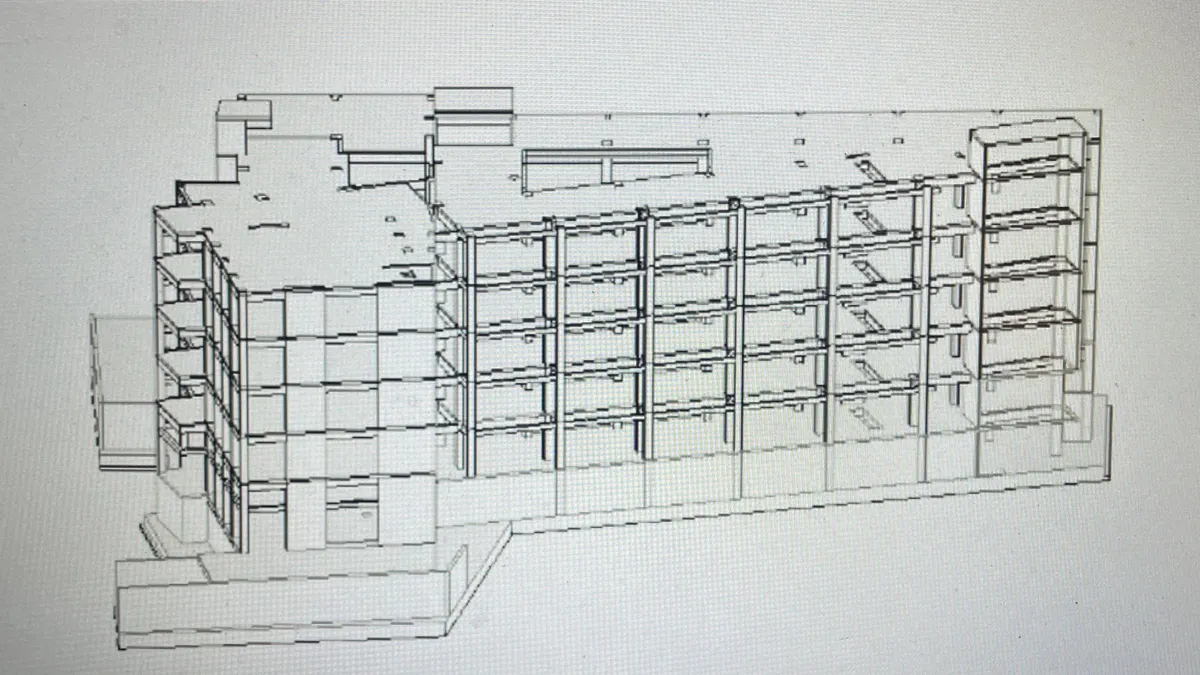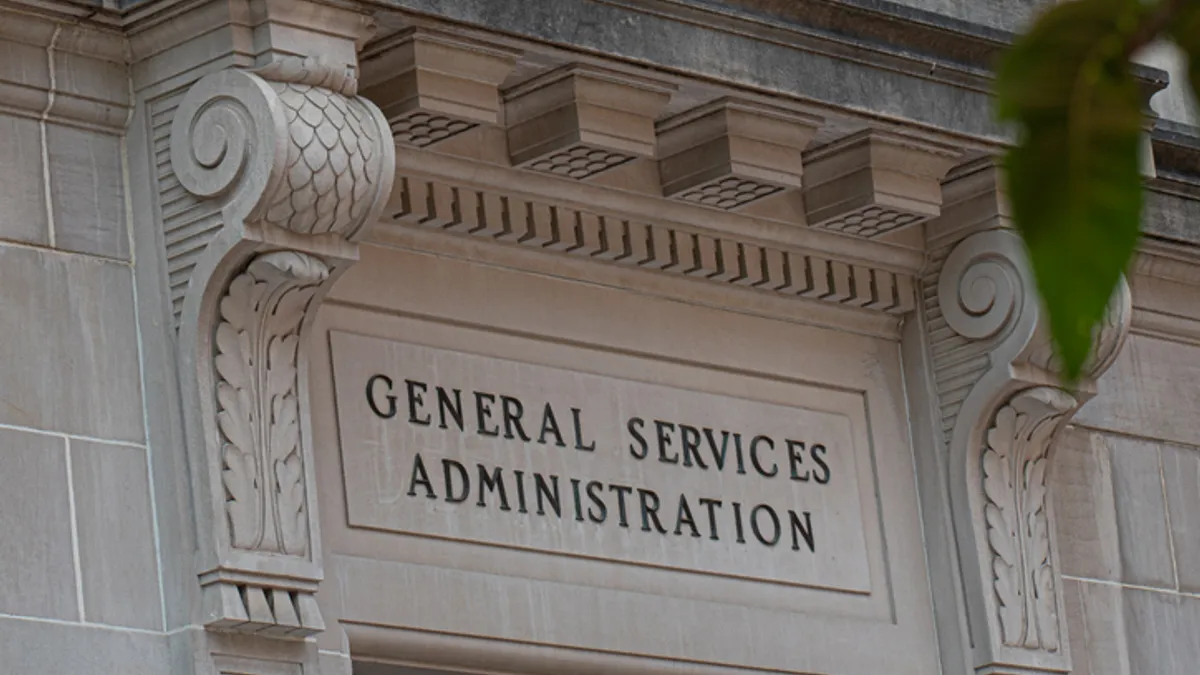A judge on Wednesday struck down a policy by the U.S. Department of Defense that attempted to cap Facility & Administration reimbursements rates at 15%, giving a win to facilities managers that rely on federal money as part of research grants to buttress their budgets.
Indirect costs for facilities and administrative, or F&A, are funds the federal government provides to universities and colleges to support their overhead expenses so they can conduct research in collaboration with the federal government. The F&A portion of the federal grant can be as high as 60%, but DOD and other agencies have attempted to limit it to 15%.
In February, the National Institutes of Health unveiled a cap on the portion of indirect costs paid by the government on new contracts, which until then was negotiated by institutions and could often reach 60%. Other agencies that award research funding followed, including the National Science Foundation, Department of Energy and DOD, where Secretary Pete Hegseth announced a cap in a May 14 memorandum that he claimed would save the department up to $900 million per year.
Congress is helping the Administration in this effort. In September, the House Committee on Appropriations advanced legislation that would limit NIH payments for indirect costs. An August executive order on grantmaking additionally instructed federal agencies to give preference to institutions with lower indirect cost rates.
For universities and the managers who oversee their facilities, the money is considered critical because while it doesn’t directly support the research, it supports the infrastructure that enables the research to be conducted.
“To prepare [a restaurant] meal, you have to have things like a stove … a wait staff, a credit card system, you’re probably paying rent on the building, there’s electricity charges,” Kelvin Droegemeier, former director of the White House Office of Science & Technology Policy, said on a webinar discussing how indirect cost reform will affect university and industry partnerships. “All [of these] associated costs … are needed to prepare the meal…. The important point is, they’re not separable. You can have all the hamburger you want, but if you don’t have a stove, you won’t have a meal.”
Judges are starting to push back against the administration. Orders by a federal judge in April permanently ruled NIH had violated federal statute in its proposed cap, while another judge in May granted a preliminary injunction blocking a cap from the Energy Department.
On Wednesday, in his ruling in a lawsuit between the Association of American Universities and the Department of Defense, U.S. District Judge Brian Murphy agreed with the plaintiff’s complaint that “the Rate Cap Policy is inconsistent with the statutes in which Congress conferred general grantmaking authority on DOD,” and declared the policy “is invalid, was contrary to law; and arbitrary and capricious.”
Preferential treatment
The decision comes as the Trump administration works through obstacles related to its attempts to pressure universities to align with its education agenda. In September, Harvard and the University of California, Los Angeles, won rulings from two federal judges that reversed billions in funding cuts.
The White House now allegedly plans to offer a “competitive advantage” to universities that pledge to adhere to Trump administration values when awarding research grants, the Washington Post reported Sept. 28.
Universities may be asked to verify that their admissions and hiring decisions are based on merit rather than race, that certain factors are considered when admitting foreign students and that tuition costs are not disproportionate with the value students receive from the university.
On Oct. 10, the Massachusetts Institute of Technology became the first school to reject an offer of federal funds in exchange for agreeing to the Trump administration’s education agenda, NBC News reported. MIT was one of nine major universities officially asked by the administration last week to sign a compact that would freeze tuition rates for five years, limit transgender access and involvement on campus and cap international undergraduate enrollment, among other asks, according to a memo obtained by NBC News from a White House official.
“By signing the compact, universities receive a competitive advantage,” a White House official said in a statement to NBC News. “The Administration does not plan to limit federal funding solely to schools that sign the compact, but they would be given priority for grants when possible as well as invitations for White House events and discussions with officials.”
President Donald Trump also appeared to extend the invitation to all colleges in a recent social media post, Higher Ed Dive reported.
Schools that received compacts to review include Vanderbilt University, the University of Pennsylvania, Dartmouth College, the University of Southern California, the University of Texas, the University of Arizona, Brown University and the University of Virginia. Seven universities asked to sign the agreement rejected the offer, Higher Ed Dive reported Monday.





















